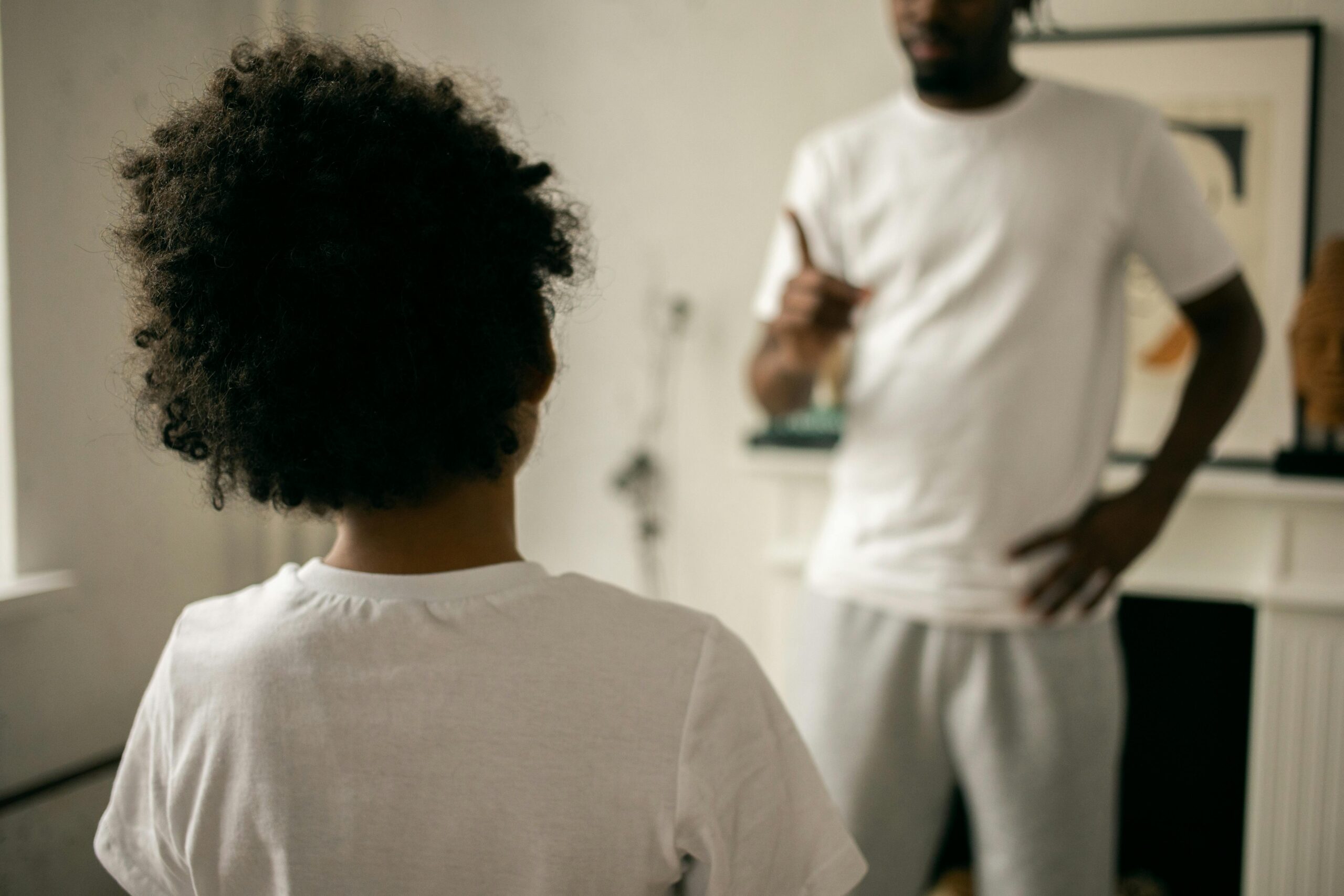
Parenting is no walk in the park, especially when it comes to teaching our children the nuances of right and wrong. One common dilemma parents face is should i make my child say sorry, even if they don’t mean it?
Let me share a recent experience that highlights this issue for me.
I was on a school run as usual, and you know how parents see each other and still manage to do a quick catch-up while keeping an eye on their child or children. I was doing exactly the same thing with a parent when all of a sudden, we heard a very big scream from a child. It was shocking to us as to what could have happened to him.
As we all ran to the scene to see what was going on, I heard the parent of the child that screamed telling her daughter in her words, “You must say sorry to your brother, you owe your brother an apology now, go and say sorry to him,” and at the same time, she was trying to pull her towards the brother to apologize.
So apparently, a younger sister had pushed an older brother to the extent that his bike fell down, and instead of the mum to pay attention to her hurt child, she was busy wanting to get the other child to apologize. The funniest thing about this incident was that the sister in question did not say sorry, showed no remorse, nor apologized; instead, she was unbothered while the mum was all over the place trying to get her to say sorry at all costs. For me, I think the parent acted that way because she felt embarrassed over her daughter’s reaction. She wanted the other parents around to see that she’s a good parent, that she’s doing something about her child’s behavior.

The truth is, your child honestly doesn’t know what it is, and even if they reluctantly do so because you force them, you might be thinking, “Yes, I have got her to apologize,” but to her, it means nothing. Again, remember that an apology is a feeling. So, it’s important to teach your child about their feelings.
In one of my posts where I talked about emotional intelligence, I stated very clearly that your first step to mastering your emotions is understanding your feelings, knowing what you feel per time as it is applicable to others. Your child needs to understand that when they apologize to their brother, it can help mend the relationship and make the brother feel better. But also, the one apologizing should reflect on their own feelings: Are you feeling sorry enough to be able to tender an apology for your wrongdoing?
So instead of forcing your child to say sorry, you could say, “When you pushed your brother from his bike, he fell and hurt himself, and when he’s hurt, he feels pain. Now tell me how you’re going to take the pain away.” Doing this will first help her understand what her action has caused the brother and what the brother is feeling at that moment.

Another reason you shouldn’t force your child to apologize is that your child at that moment doesn’t feel safe. Telling her how bad it is to have pushed the brother to fall in order to get her to apologize in that moment is honestly not going to make her do so. The more you insist on this, the more your child will resist; that is a power struggle, and this happens because of her need for autonomy.
So instead, it’s important you help your child feel safe and understood; by so doing, your child will genuinely apologize.
Another thing to consider is, why should I force my child to say sorry when it’s not an emergency? At least the brother didn’t sustain any injury. It was only a fall. So why the urgent rush for an apology when you can actually turn it into a teachable moment, if not possible later that day, perhaps the next day, so you’re able to think through the right words to use and how to use them with the aim of talking to the heart of your child? Doing this will also help you and your child to be in the right frame of mind.
Dear parent, forcing a child to say sorry should be the last thing you want to consider in your journey to becoming a better parent. Instead of focusing solely on the word “sorry,”.

Try these steps to help guide your child towards genuine understanding and remorse
Talk with your child about the effects of their actions on others. Ask questions like, “How do you think your brother felt when he fell off his bike?” This helps them connect actions with emotions.
Demonstrate empathetic behavior in your daily life. Let your child see you apologize sincerely and appropriate, and explain why you are doing so.
Help your child express their feelings by teaching them the words to describe their emotions. This can empower them to articulate what they’re feeling and why.
Instead of demanding an apology, offer alternative ways to make amends, like asking, “How can you make it up to your brother?” This encourages your child to think of constructive solutions.
Acknowledge and praise sincere apologies and efforts to make amends. Positive reinforcement can encourage your child to repeat the behavior.
Remember, the goal is not just to hear the word “sorry,” but to cultivate a sense of responsibility and empathy in your child. And who knows, in those quiet moments of genuine understanding, you might just witness the kind of heartfelt apology that words alone could never express.


